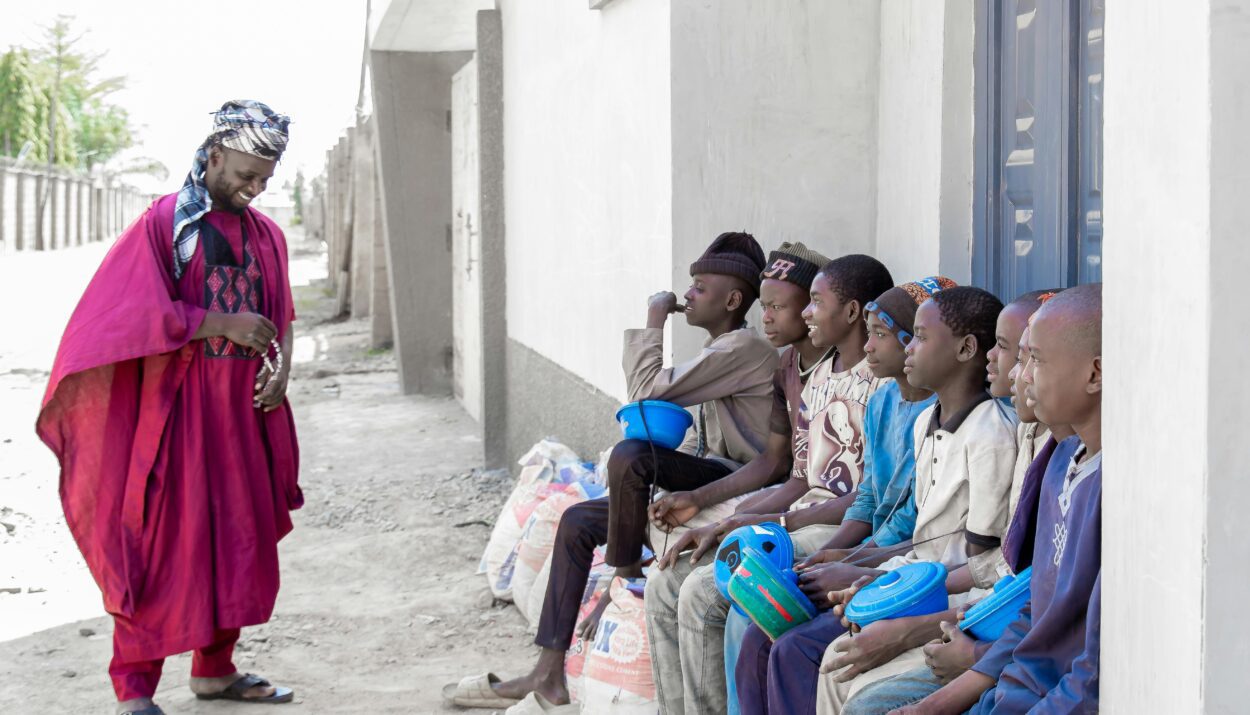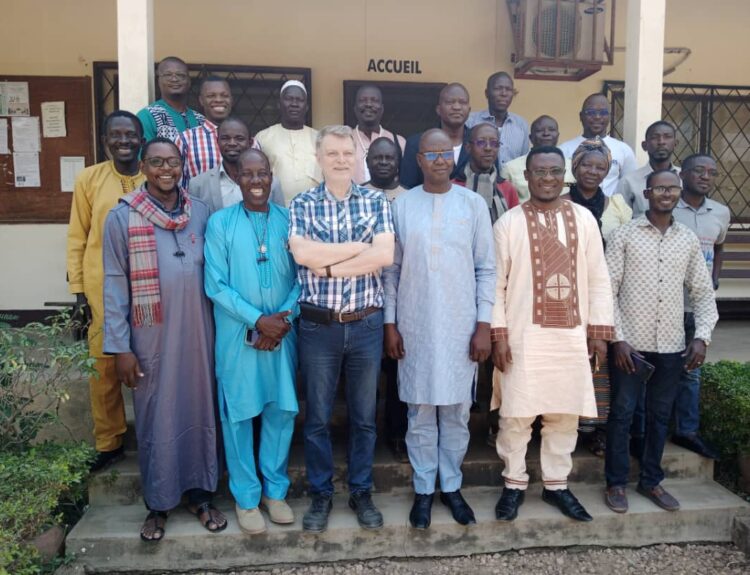Introduction:
The Fulani people, known for their rich cultural heritage and nomadic lifestyle, have a diverse religious landscape that often surprises outsiders. While traditionally associated with Islam, a significant number of Fulani individuals have embraced Christianity, adding a unique layer to their identity and religious tapestry. This article explores the fascinating journey of Fulani Christians, shedding light on their faith, experiences, and the interplay between culture and religion.
Embracing Christianity:
Contrary to common stereotypes, many Fulani individuals have found resonance in the teachings of Christianity, leading them to embrace the faith wholeheartedly. This conversion often stems from personal encounters, spiritual revelations, and a deep yearning for spiritual fulfillment. Despite facing societal pressures and familial expectations, Fulani Christians courageously embark on a journey of faith, seeking solace and belonging in their newfound religious community.
Cultural Dynamics:
The decision to embrace Christianity is not without its complexities, especially within the context of Fulani culture. Christianity, with its distinct rituals, beliefs, and practices, can sometimes clash with traditional Fulani customs and norms. However, Fulani Christians navigate these cultural dynamics with grace and resilience, forging a unique synthesis of faith and tradition that honors both their Christian convictions and cultural heritage.
Community and Fellowship:
One of the most significant aspects of being a Fulani Christian is the sense of community and fellowship found within Christian churches and congregations. Despite their nomadic lifestyle, Fulani Christians form tight-knit communities centered around worship, prayer, and mutual support. These communities serve as spiritual sanctuaries, providing a sense of belonging and solidarity amidst the challenges of cultural integration and religious identity.
Challenges and Triumphs:
Being a Fulani Christian comes with its own set of challenges, including discrimination, ostracization, and even persecution in some regions where Christianity is a minority faith. However, Fulani Christians demonstrate remarkable resilience and faithfulness in the face of adversity, drawing strength from their deep-rooted conviction and unwavering commitment to Christ. Their stories of triumph over hardship and persecution inspire hope and serve as a testament to the transformative power of faith.
Contributions to Society:
Fulani Christians contribute significantly to the social, economic, and spiritual fabric of their communities. Through their involvement in church ministries, outreach programs, and charitable initiatives, they actively engage in uplifting and empowering those in need, regardless of religious affiliation. Their commitment to serving others reflects the core values of Christianity and exemplifies the spirit of love, compassion, and solidarity.
Conclusion:
In conclusion, Fulani Christians represent a vibrant and dynamic segment of the Christian community, embodying the beauty of diversity within the body of Christ. Their journey of faith is a testament to the transformative power of God’s love and grace, transcending cultural barriers and societal expectations. As Fulani Christians continue to navigate their faith and identity, they inspire others with their resilience, authenticity, and unwavering devotion to Christ.





